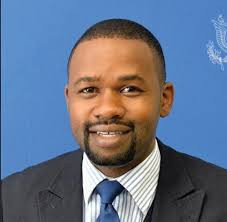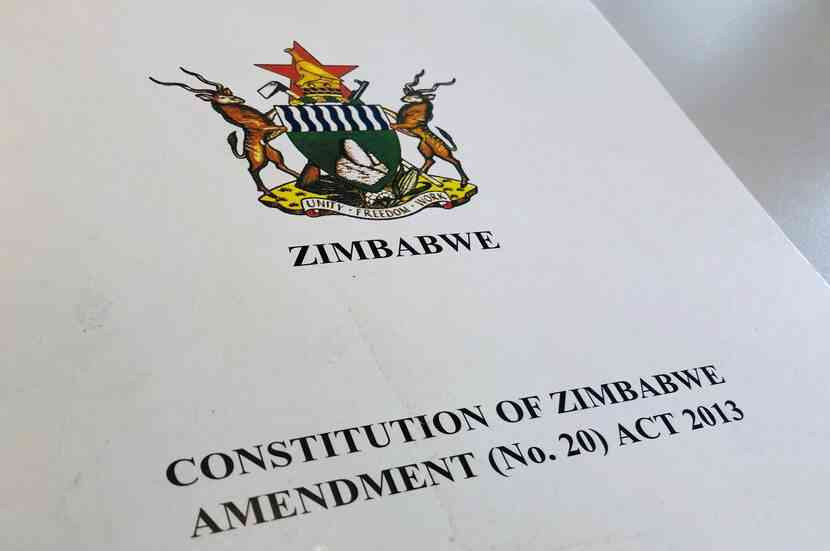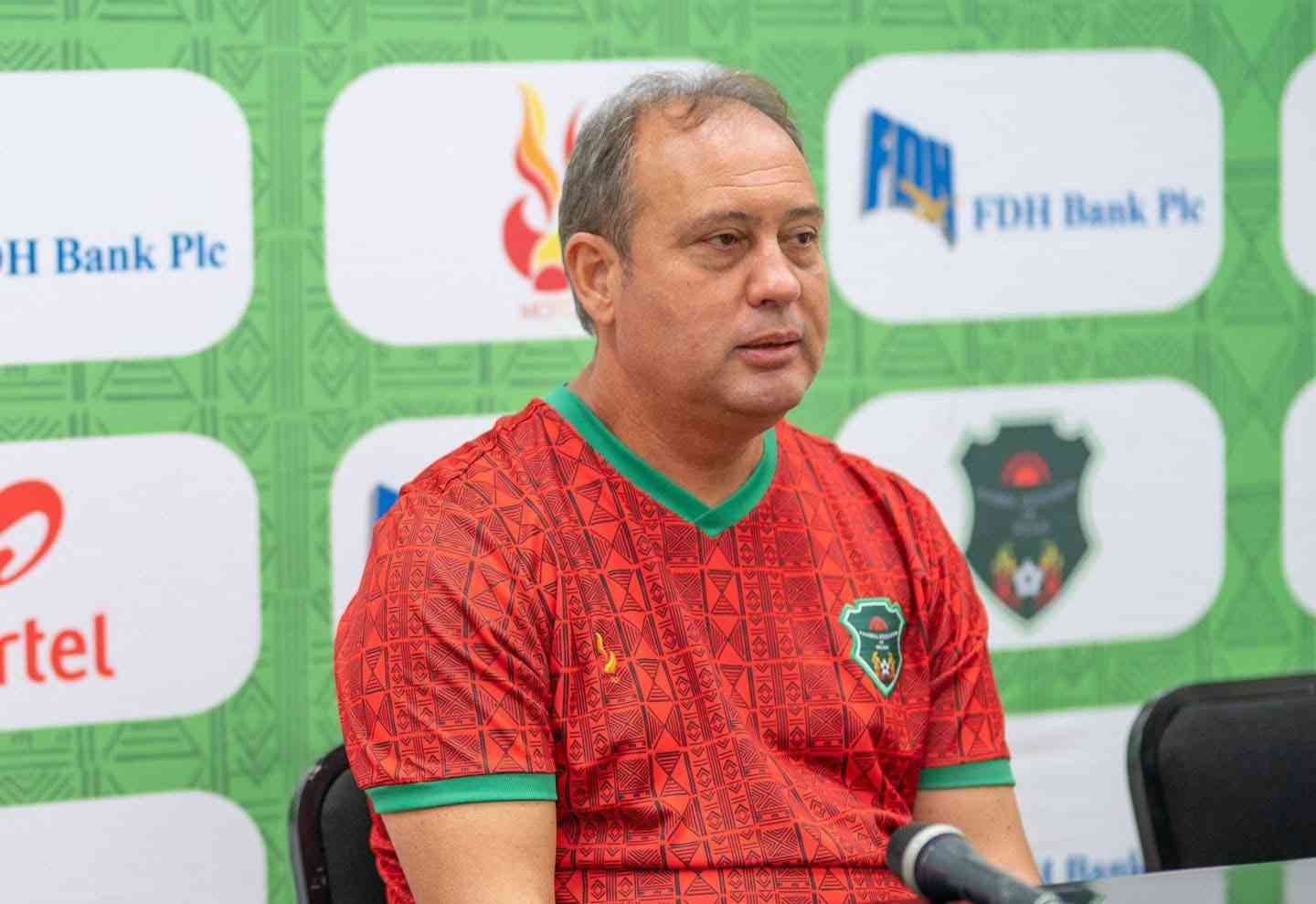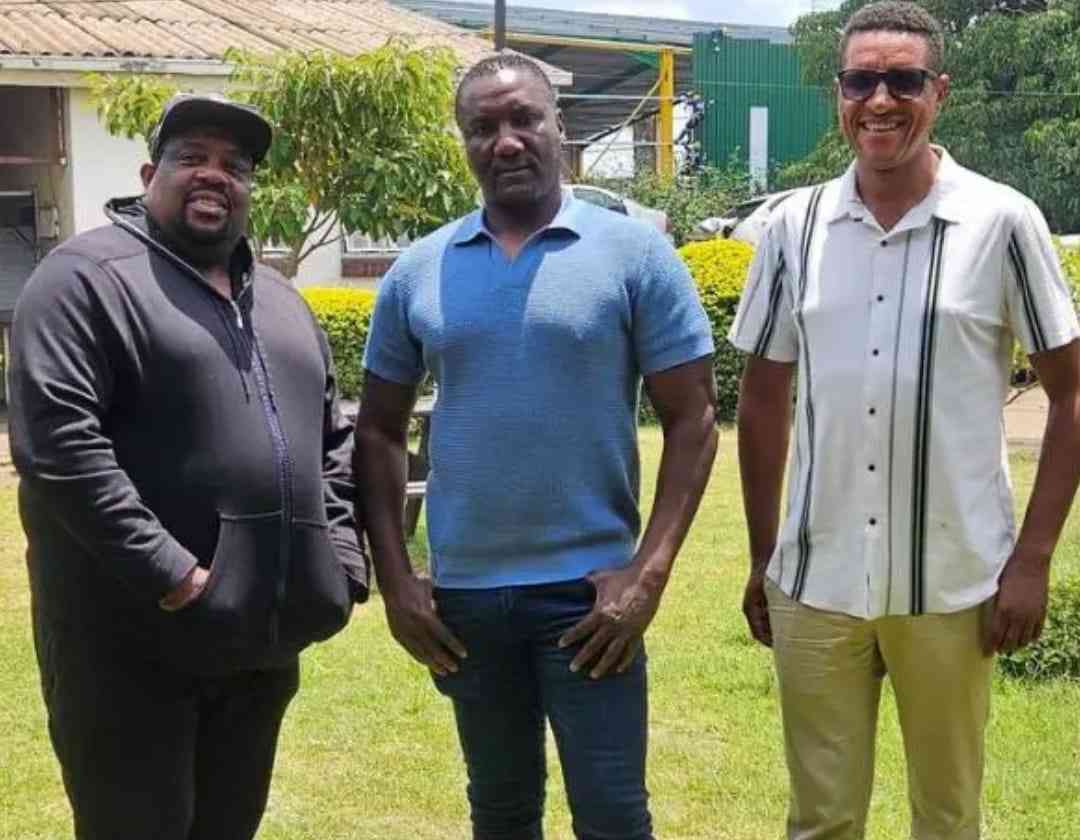
Some farewells feel like closing a door. Others feel like witnessing a constellation slowly fade into dawn.
Yes, there are departures and successions that come and go quietly in the rhythm of organisational life, and then there are those that leave a mark so deep that the institution must pause, breathe, and reflect on the departure of Dzikamai Bere, after six extraordinary years leading ZimRights, is neither a simple goodbye nor a gentle sunset.
It is the rare moment when an institution pauses long enough to recognise that what is ending was, in fact, a defining era.
It has been a while since l put pen to paper but please do not mistake this piece for a praise and worship for Dzikamai.
No, it is a celebration of his legacy amidst a dearth of civic leaders in the civil society sector in Zimbabwe. I am not sure where to begin or where to end so l will just type.
John Maxwell, Dzikamai’s favourite leadership thinker, reminds us that “Leadership is not about titles, positions, or flowcharts. It is about one life influencing another.”
Dzikamai influenced not just the movement, ZimRights but he influenced all of us.
When he started his tenure at ZimRights, the comrade created a WhatsApp group called “Friends of ZimRights” of trusted allies, comrades in the struggle and former leaders of ZimRights.
- Chiwenga sued over peace body
- PVO Amendment Bill: The end of active citizenship in Zim
- Covid-19: Govt told to rethink Zupco ban
- Chiwenga sued over peace body
Keep Reading
His first two years at ZimRights was studying the movement, the people, the fluid context, and the team – the team he would later call it the Tribe.
This shows a man who led with intent, with strategy, and with influence – who does that? Dzikamai did.
We can describe Dzikamai’s years in six simple phrases; six years of learning, six years of innovation, six years of integrity, six years of serious business, six years of influence, and six years of inspiration.
Six years of learning, because DB never let the organisation become intellectually idle.
Six years of innovation, because he refused to let circumstances dictate possibility. Six years of integrity, because he believed that leadership without character is a house built on sand.
Six years of seriousness, because the human rights struggle demands nothing less. Six years of influence, because he led with purpose, not position.
Six years of inspiration, because he understood that a leader’s legacy is measured not in what they do, but in who they become to the people they lead.
Oh yes, that was the depth of the impact of the die-hard innovator, that is Dzikamai Bere – the National Association of Non-Governmental Organisations (Nango) 2024 Director of the year. .
What DB truly offered ZimRights is harder to quantify,as l said, he led with intent, he led with integrity, and in doing so he defined our character. He did not impose the ZimRights values on anyone, he calmly always embodied them.
Excellence was in how he worked. Community was in how he led. Integrity was in who he was (is).
In a sector suffocated by hostility and shrinking civic space, probably, second only to Uganda, DB somehow managed to remain structured where chaos reigned, innovative where fear dominated, and hopeful where despair was fashionable.
John Maxwell teaches that “A leader is one who knows the way, goes the way, and shows the way.”
Dzikamai did all three, in some of the harshest conditions imaginable. Perhaps DB’s most enduring gift was his insistence on shared leadership.
He built people and not an empire. He trusted the whole tribe (team), not titles. He believed, in the old wisdom, that rumerimweharikombichuru. No one climbs alone.
And because of these ethos, no one walked under his leadership feeling small. He lifted us. He trusted us. He made space for us. He made us all leaders.
In his own farewell letter, DB described leadership as “a crown of thorns… a cross we carry with love, knowing we are on the right side of history……..All good things must come to an…”
DB was not playing with words, he being honest. Leadership in the contemporary civic space demands sacrifice, and DB carried that burden with grace.
In his farewell message he also spoke of the giants who walked with him quietly, the unnamed guardians who formed a circle of love around him, compensating for his weaknesses and amplifying his strengths. He often insisted that his successes were not his alone, but the fruit of a community, a tribe, a movement.
In his reflections, DB declined to claim any single tangible victory. Not the shifting power to the people strategy, not the fundraising wins, not the global partnerships, not the organisational reforms.
Instead, he said his greatest achievement is something we cannot yet see, but will soon feel, the renewal of ZimRights’ foundations, the strengthening of our software, the alignment of leadership culture, the future-proofing of a movement that will outlive all of us.
So DB has left the Tribe with the right momentum. More coherent. More grounded.
More hopeful. We really wish he could stay longer, but we also understandwhy it must not. It is because “All good things come to an end… so that others can begin.”
As DB rightly reminded us in his farewell message. Although his formal tenure ends, DB does not leave us. He remains with us, he has graduated to be an elder of ZimRights. A custodian of our values.A lighthouse in moments of storm, and a quiet reminder of what leadership looks like when it is done well.
Dzikamai Bere, thank you for leading with intent. Thank you for leading with integrity.
Thank you for teaching us that renewal is not an ending, but a beginning. Thank you for always reminding me that, “Phil, you write so well, you speak so well and you present so well. But you need to converse with your audience not to speak to them. Simple English, Phil”. I hope this farewell message was simple enough to drive the message home.
Farewell Dzikamai Bere and congratulations to the incoming director, Gillian Chinzete.
*Phillip Nyasha Fungurai is a human rights activist. He writes here, in his own capacity.











